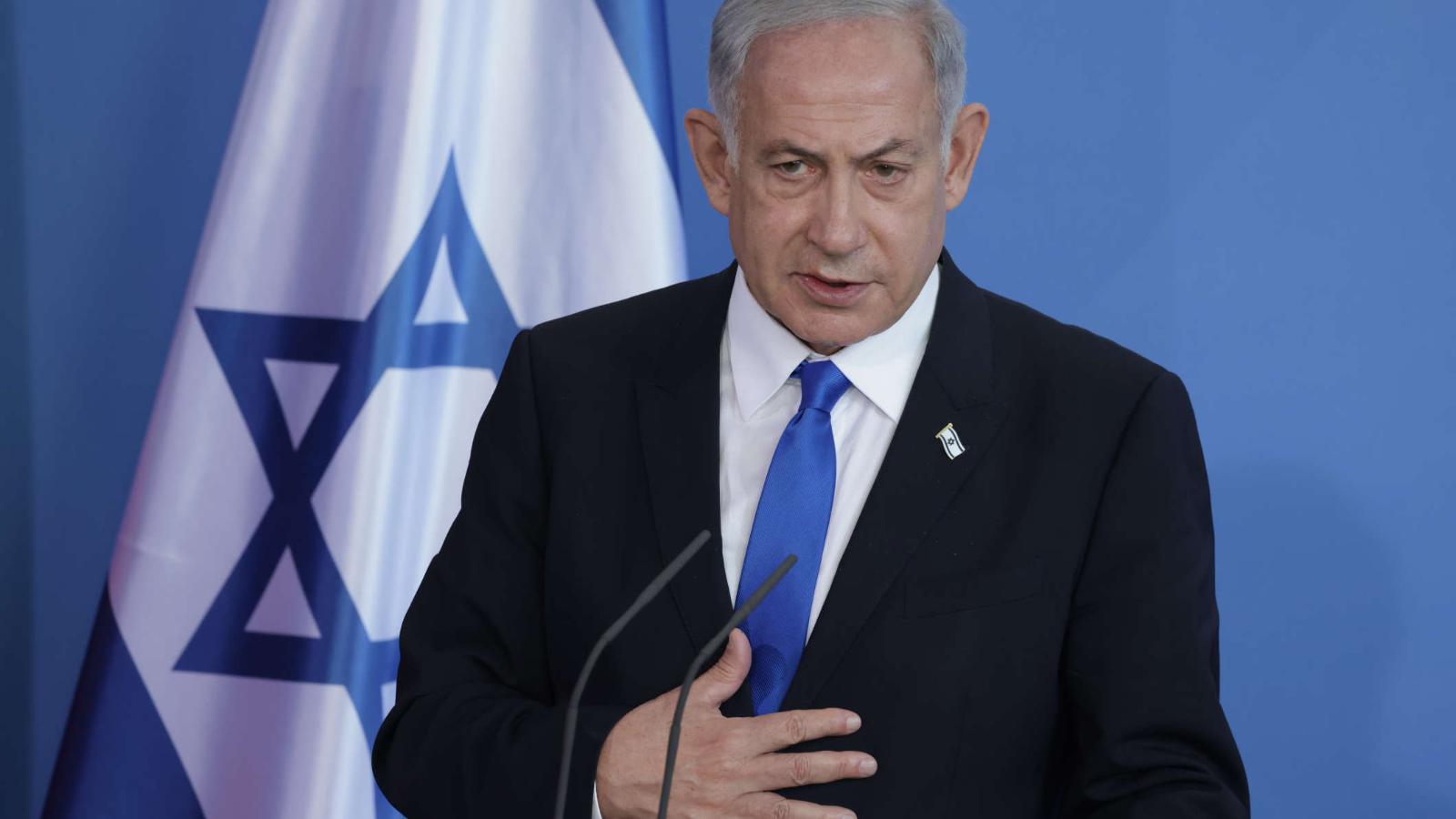Spain, Norway, and Ireland Recognize Palestinian State
In a significant geopolitical move, Spain, Norway, and Ireland have announced their decision to formally recognize the Palestinian state, marking a pivotal moment in Middle Eastern politics. Starting May 28, these countries will implement this decision, as proclaimed by Irish Prime Minister Simon Harris during a press conference in Dublin. This recognition comes amid escalating tensions and ongoing conflicts in Gaza and the wider region.
International Reactions and Consequences
The announcement has spurred a range of reactions. Israeli Foreign Minister Israel Katz has withdrawn Israel's ambassadors from Spain, Norway, and Ireland, condemning their decision and warning of serious consequences. He accused these countries of supporting terrorism and undermining Israeli sovereignty. Katz's reaction highlights the heightened sensitivity and potential diplomatic fallout of this recognition. Moreover, he has summoned the ambassadors for reprimand talks, showcasing Israel's strong stance on the issue.
Palestinian Leadership Welcomes Moves
On the Palestinian side, President Mahmoud Abbas has lauded the decisions of Spain, Norway, and Ireland, urging other nations to follow suit. Abbas emphasized that these recognitions reflect a commitment to the Palestinian people's legitimate rights and the two-state solution, which he believes is critical for lasting peace in the region. He expressed hope that other countries would also support peace and justice by recognizing Palestinian statehood.
Norwegian Prime Minister Jonas Gahr Støre and Spanish Prime Minister Pedro Sánchez both highlighted that their decisions are aimed at promoting peace and stability through the two-state solution. They stressed that recognizing the Palestinian state is a step towards ensuring both Palestinians and Israelis can live in peace and security. Irish Prime Minister Simon Harris noted the humanitarian crisis in Gaza, arguing that their decision is a moral and political imperative amidst the ongoing suffering.
Broader Geopolitical Dynamics
The recognition of Palestine by these three European nations adds to the list of over 130 United Nations member states that have already extended such recognition. This development is seen as strengthening the global Palestinian cause but also as a potential point of contention that could strain diplomatic relations worldwide. It underlines significant geopolitical shifts and raises questions about the future dynamics in Middle Eastern politics.
- The situation in the Middle East remains intensely volatile, as evidenced by recent Israeli military actions in Jenin, a city in the northern occupied West Bank. The Palestinian Authority reported seven fatalities during an Israeli raid aimed at curbing what Israel describes as terrorism. Casualties included civilians, a surgeon, a teacher, and a student, further heightening tensions.
- Simultaneously, attention shifts to Iran following the death of Iranian President Ebrahim Raisi in a helicopter crash. Hamas has expressed concerns that the global focus on this incident may allow Israel to intensify its military actions in Gaza with less international scrutiny. This development could further complicate already tense geopolitical situations in the region.






